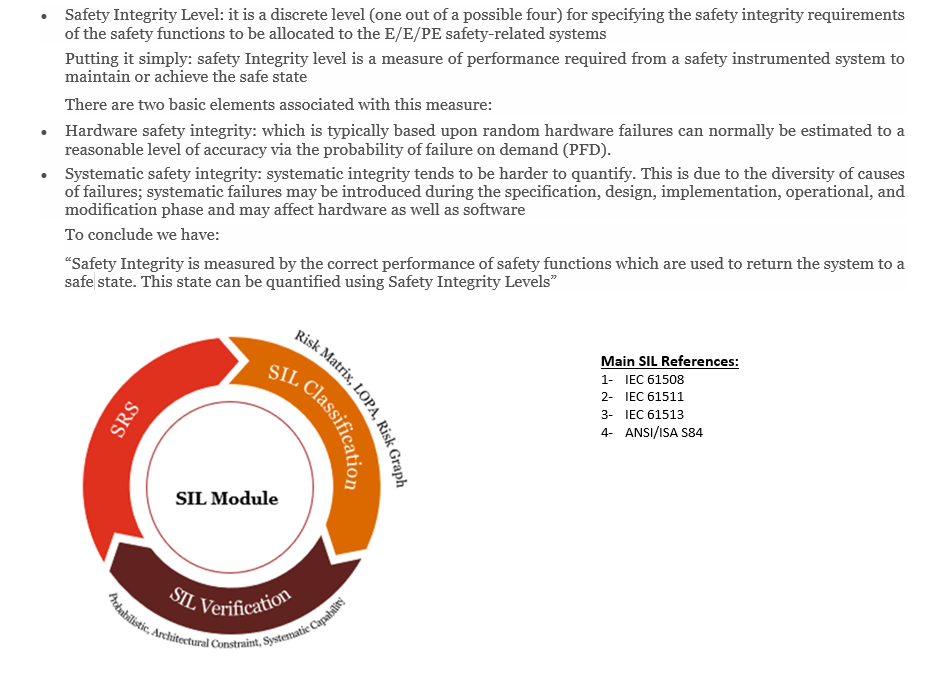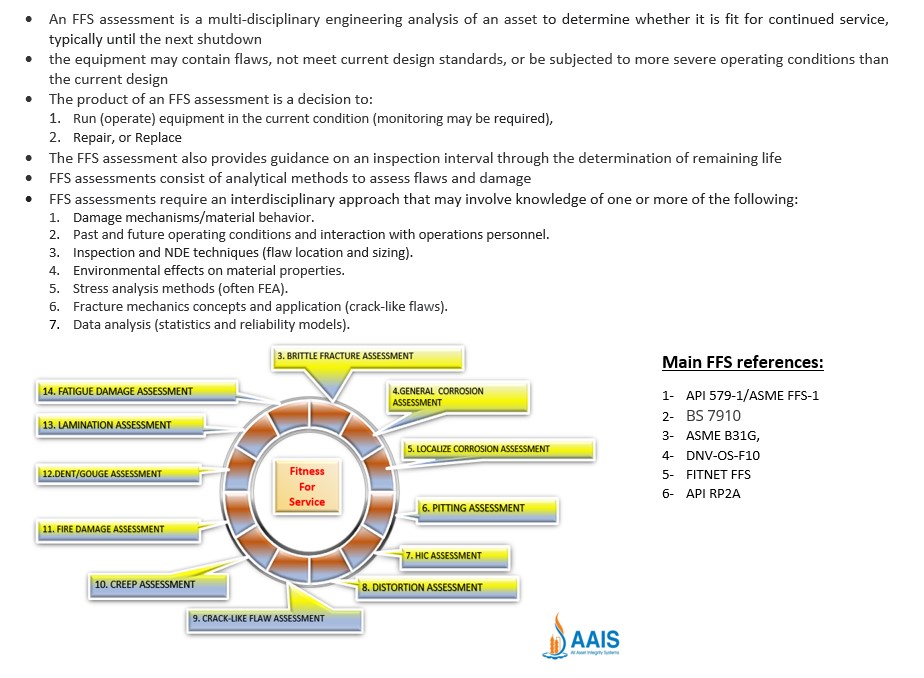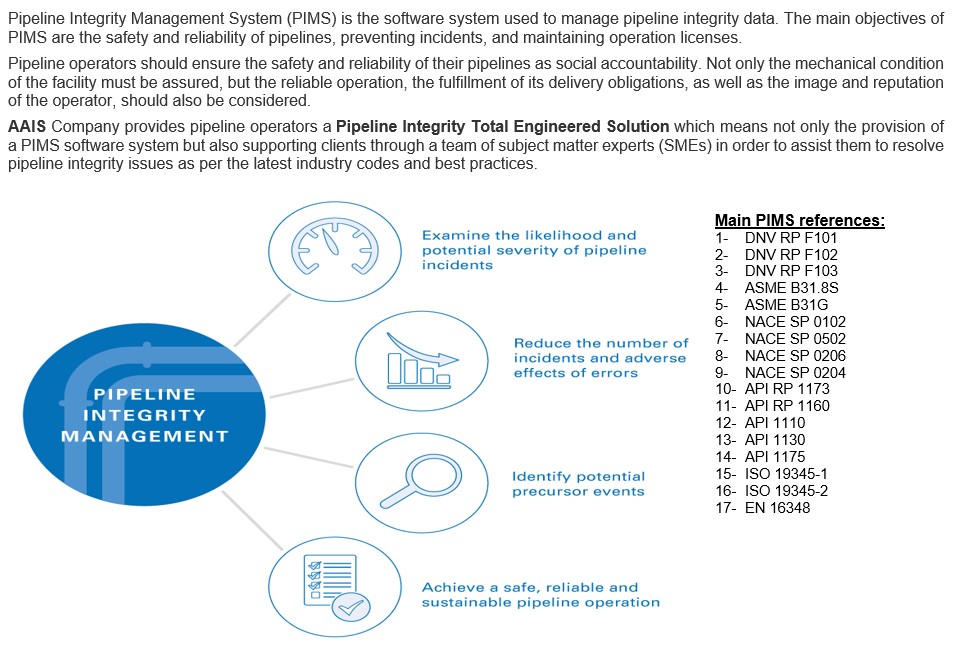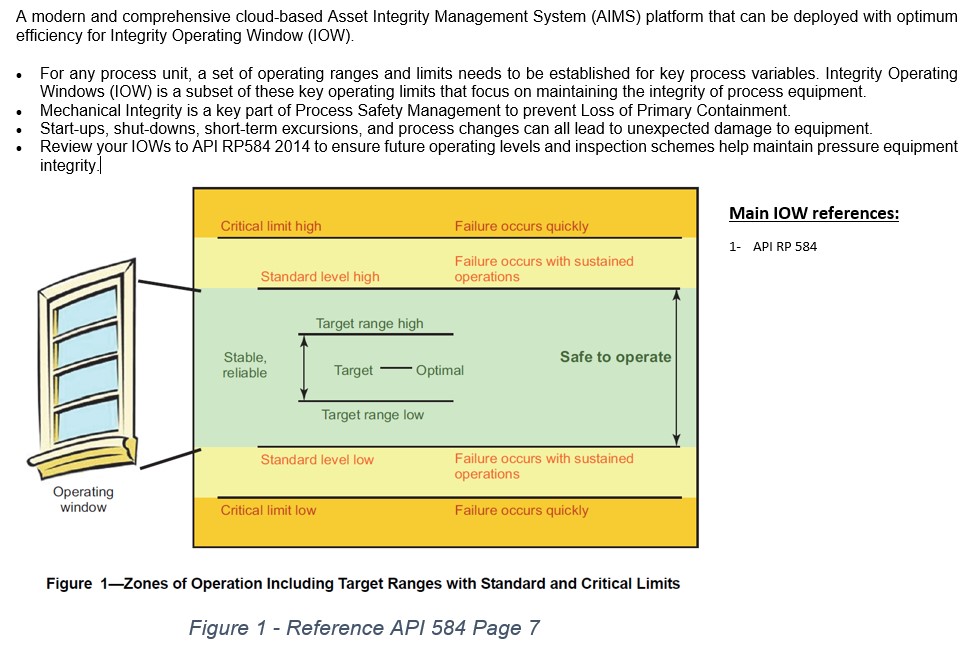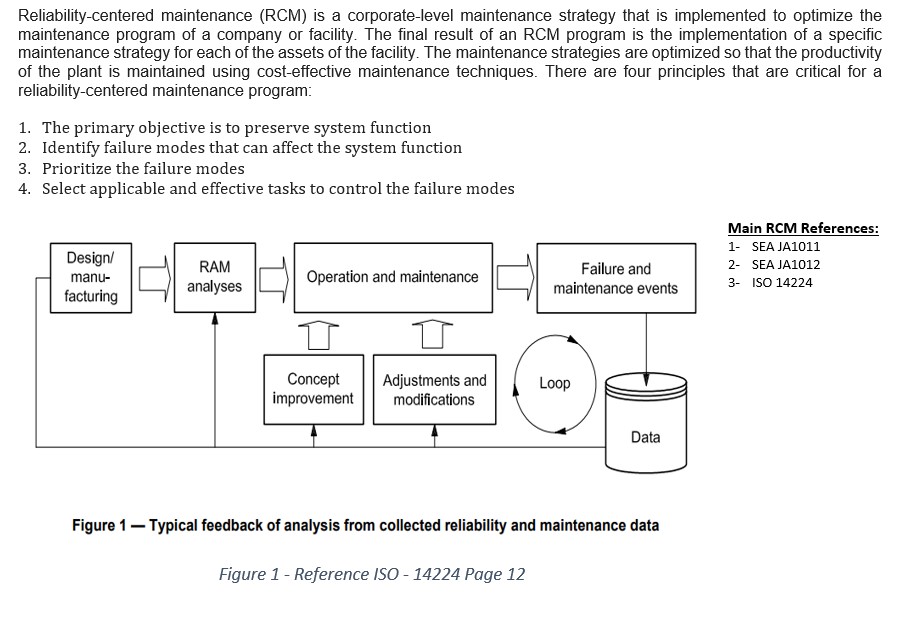- Home
- Training Courses
- API 510
- Brief
- Learning Objectives
- Mode of Delivery
- Training Timing
- Material Provided
- Certificate
- Who Should Attend?
- Group Discount (same company only)
- Pricing
- Course Outline
Brief
This course is meant to provide a thorough understanding of the engineering information required for In-Service Pressure Vessel Inspection (API 510), as well as proper preparation for the examination. This preparatory course will cover the fundamentals of pressure vessel design, with a concentration on the API body’s test syllabus. It contains all of the code parts alluded to by the API 510 committee, to the extent that they are required from an inspection standpoint.
This training will clarify the underlying intentions of all code sections, teach participants how to interpret code rulings, and increase their confidence in making judgements. The course includes five key topics: basic pressure vessel design engineering (ASME Sec VIII Div. 1), in-service inspection techniques (API 510/ 572/ 576/ 577), in-service degradation mechanisms (API 571), retirement thickness calculations, and other aspects of Run-Repair-Replace decisions. The participants will receive detailed, illustrated course notes.
Learning Objectives
By completing this course, participants will be able to:
- To familiarize participants with the API 510 Code’s core principles and technical terms.
- To teach participants how to use the API510 Inspection Code in a systematic manner, with a thorough knowledge of the stated and intended requirements.
- Understand the fundamentals of pressure vessel design as well as the regulations for proper manufacturing, inspection, and testing.
- How to conduct pressure testing and certify the results.
- Learn the fundamentals of pressure vessel examination before they are put into service.
- To understand how pressure vessels degrade and suffer damage while in service.
- Calculate corrosion rate, inspection interval, and other vessel inspection parameters.
Mode of Delivery
Training will be conducted via Microsoft Team Meeting or at our Training Center.
Training Timing
Consecutive Saturdays at 09:00 AM to 03:00 PM GST
Material Provided
• Presentation Slides • Study References
Certificate
-
Certificate will be issued upon successful completion of training.
Who Should Attend?
Engineers, managers, inspection employees, plant operational engineers and managers, and those wishing to take the API 510 exam.
People who work as maintenance engineers and technicians, as well as those who troubleshoot plant operations. This training will be valuable to all QA/QC engineers, regardless of whether or not they want to take the API 510 exam.
|
Education |
Years of Industry Experience |
Experience Required |
|
BS or higher in engineering or technology or 3+ years of military service in a technical role (Dishonorable discharge disqualifies credit) |
1 year |
Supervision or performance of inspection activities as described in API 510 |
|
2-year Associate's degree or certificate in engineering or technology or 2 years of military service in a technical role (Dishonorable discharge disqualifies credit) |
2 years |
Design, fabrication, repair, operation, or inspection of pressure vessels, of which one year must be in supervision or performance of inspection activities as described in API 510 |
|
High school diploma or equivalent |
3 years |
Design, fabrication, repair, operation, or inspection of pressure vessels, of which one year must be in supervision or performance of inspection activities as described in API 510 |
|
No formal education |
5 or more years |
Design, fabrication, repair, operation, or inspection of pressure vessels, of which one year must be in supervision or performance of inspection activities as described in API 510 |
Group Discount (same company only)
• 15% Discount for groups of 5 or more.
• 10% Discount for groups of 3-4.
Pricing
| Course | Price |
| API 510 : Pressure Vessel Inspection | 3000 EGP |
Course Outline
- Introduction to API 510 Certification.
- Guidelines for preparation for examination.
- Design of Cylindrical shells, Calculation of vessel MAWP
- Static head calculations, Design of Dished heads - Hemispherical, Ellipsoidal, Tori spherical.
- Calculate vessel MAWP given vessel parts MAWP and elevations,
- Impact testing requirements,
- How to conduct and certify Pressure tests, writing hydro test Procedure & pneumatic test procedure.
- Key concepts of Nozzle reinforcement Inspection requirements for Pressure Vessels.
- NDT of Pressure Vessels.
- Fabrication and Heat treatment requirements.
- Inspection and testing practices for In-Service Vessels as per API 510,
- Typical degradation mechanisms in pressure vessels, monitoring degradation mechanisms.
- Inspection Plans, Pressure vessel inspection External, Internal, On-stream Inspection.
- Inspection and testing of Pressure relieving devices (API RP 577).
- Corrosion Rate Determination, Remaining Life Calculations.
- Frequency and Time of Inspection, Evaluation of Locally thinned Areas, Evaluation of Pitted surface.
- Correction of Weld joint Efficiency, Repairs, alterations & rerating of Pressure Vessels, Reports and Records.
- Overview on Damage Mechanisms (API 571)
- Introduction to ASME Sec IX and its requirements.
- Understanding of PQR and WPS, Welding procedure qualification & welder qualification.
- Understanding rules imposed by ASME Sec V for various NDE techniques.
- Inspection of pressure relief devices (API RP 576).



